FORT JACKSON, S.C. -- For nearly 60 years, Hugh Brown has seen thousands of Soldiers pass through Moncrief Army Community Hospital.
Brown, chief air evacuation clerk in the registration office, has been a fixture in the facility since he was a young Soldier stationed here in the early 1950s.
Whether he's helping a Basic Combat Training Soldier or a newly trained drill sergeant, a Soldier's family member, or civilian employee - Brown has been known to offer a welcoming smile to everyone he meets.
He has also become known for the stories he tells about the Army and how it has changed throughout the years.
Brown began his military career on Oct. 13, 1943, when he was drafted into the Army just two months after his 18th birthday.
The North Carolina native was sent to the Army Service Forces Training Center at Camp Barkeley, Texas, for basic training. He did his advanced training to become an operating room technician in Santa Fe, N.M. He worked in field units and hospitals throughout the United States and overseas, including missions in Korea and Japan from 1950 to 1952.
When he returned, he married his sweetheart, Donna, and moved to Fort Jackson for a new assignment. The couple had two children and raised their family here as Brown worked in the pharmacy until he retired after 20 years of service in 1964.
After retiring, Brown attended the University of South Carolina. While studying to become a licensed pharmacist, he was hired to work as a civilian employee in the records department at MACH. Because the pay was good, and he enjoyed his job so much, Brown decided this was his new career.
His first priority became taking care of his customers, especially the Soldiers, he said.
"He always wants to make sure that the patient is helped no matter if (the problem) has to do with this office or another office," said Jacquelyn Taylor, medical records technician and Brown's co-worker of four years. "He makes sure patients' issues are solved."
Mel Weddington, a hospital correspondence technician who has worked with Brown since she started in 1981, said Brown is "one in a million."
"He's friendly, intelligent and very dedicated," Weddington said "Even back in the day, (when) we had three shifts; he would come in for his shift at 4 a.m. until (noon) and if the person didn't show up for the next shift, he would stay. That's dedication."
His loyalty extends far beyond the job duties, Taylor said. His presence has a great impact on those lucky enough to cross his path, she said. Long after leaving Fort Jackson, many Soldiers have returned and are surprised and delighted to find Brown still here.
"We actually have Soldiers who have been gone for 10 years and have come back and said, 'Are you serious' You're still here' Then they'll stop by to visit with him."
During his tenure at the hospital, Brown has seen many changes to its structure, including a name change and a move from Jackson Boulevard to its current location on Marion Street. Brown said the number of patients that get care at the hospital is far fewer than the number serviced here years ago when the hospital had wards.
The registration office in which Brown works has moved from the first to the ninth floor, the same floor where Donna, his wife of 42 years, lost her battle to cancer in 1993.
Today, at 85 years old, Brown continues to arrive for the early morning shift five days a week. He said he won't be quitting any time soon because he enjoys his co-workers, the patients, the Soldiers, and meeting new people every day.
"There's nobody at home but me," he said. "Here, it's like a family."
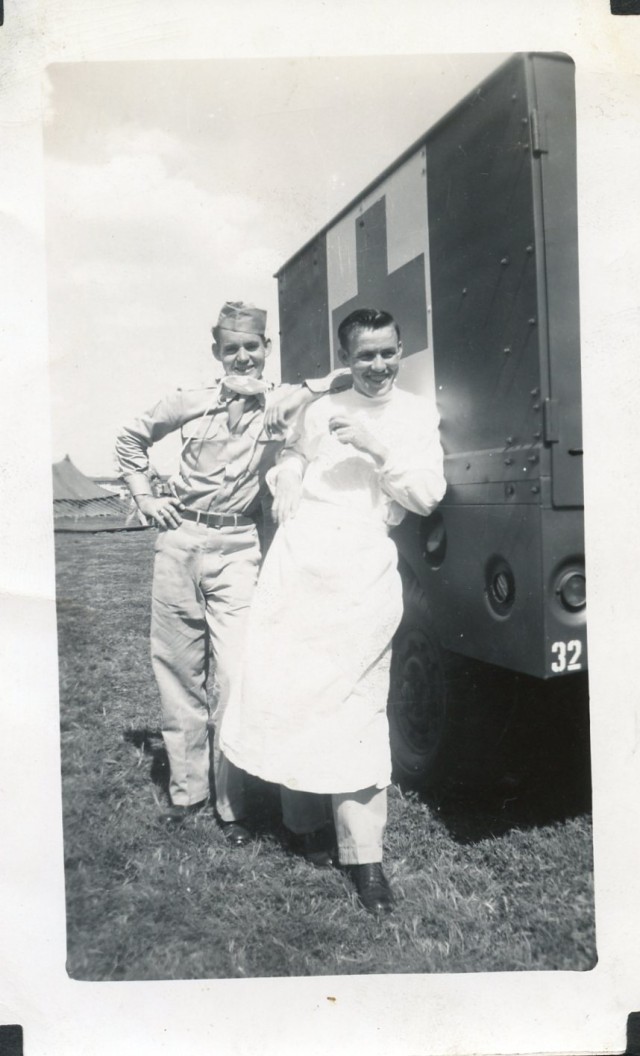
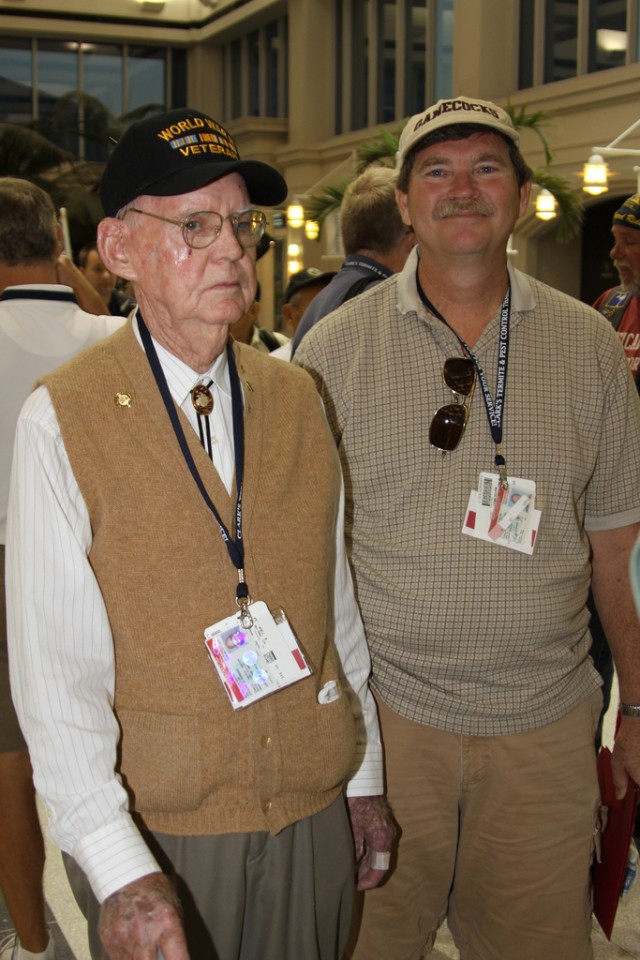
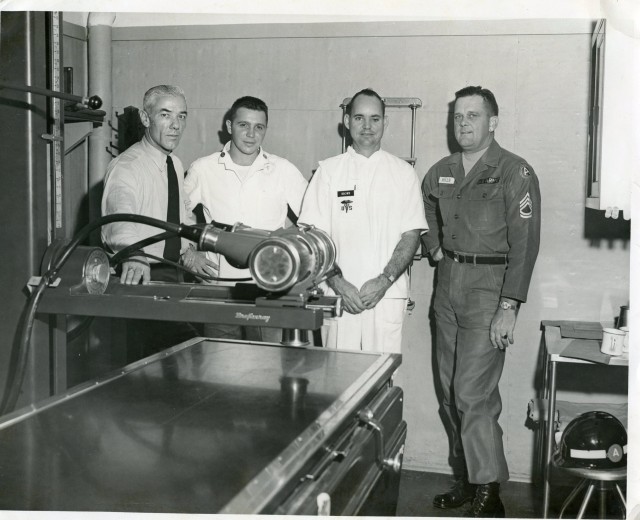
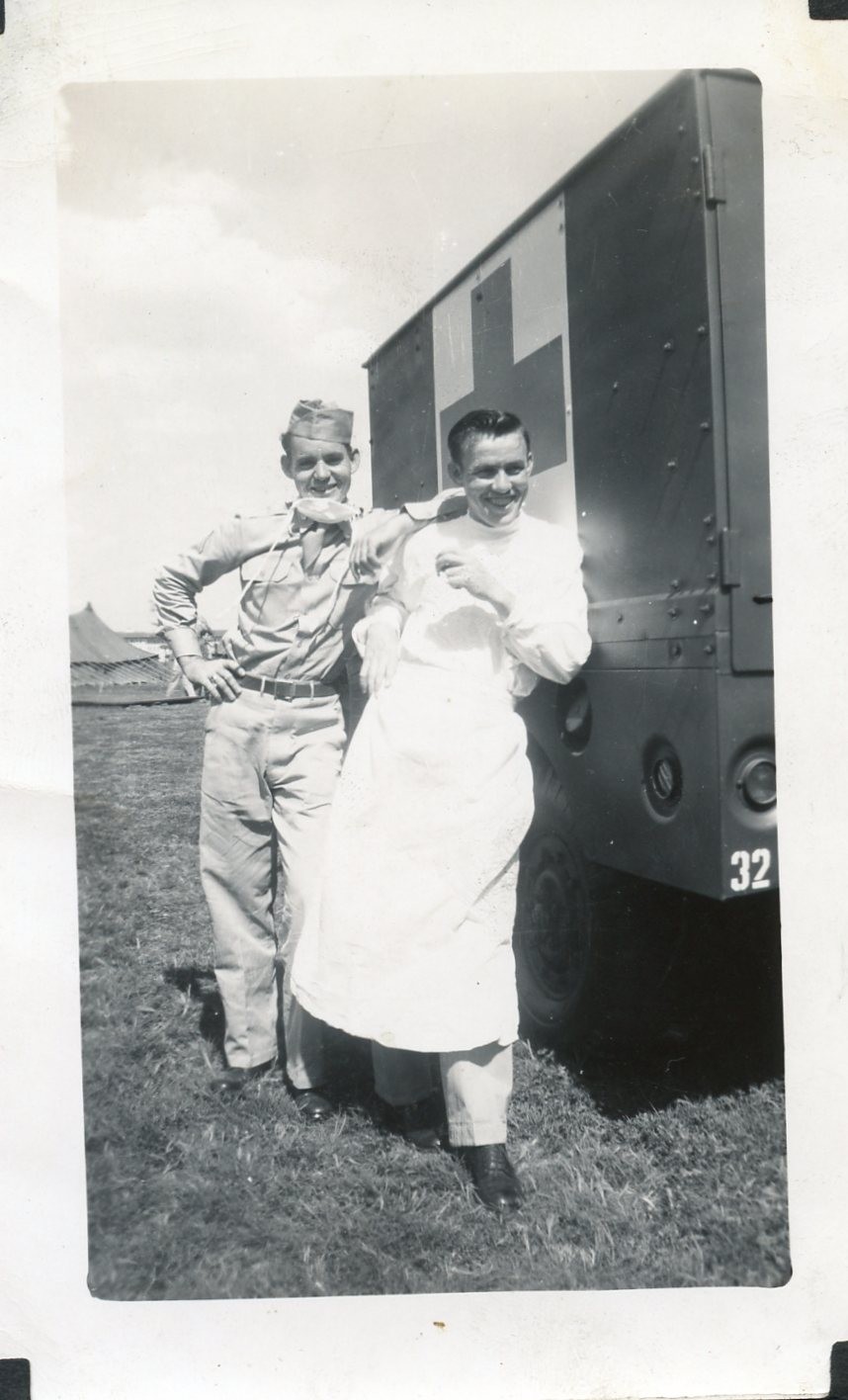
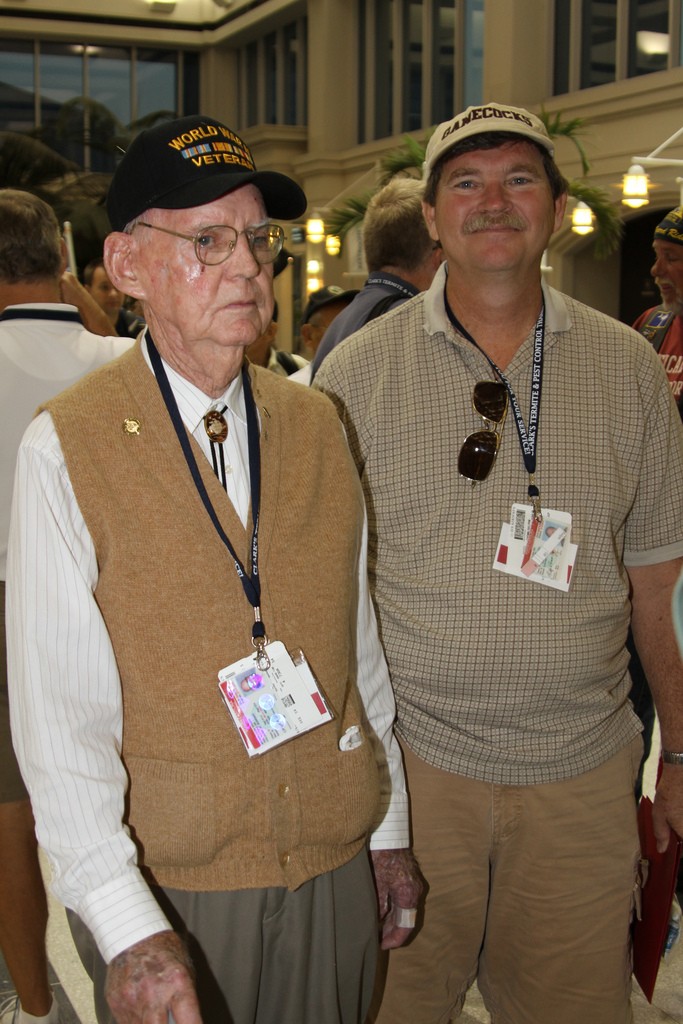
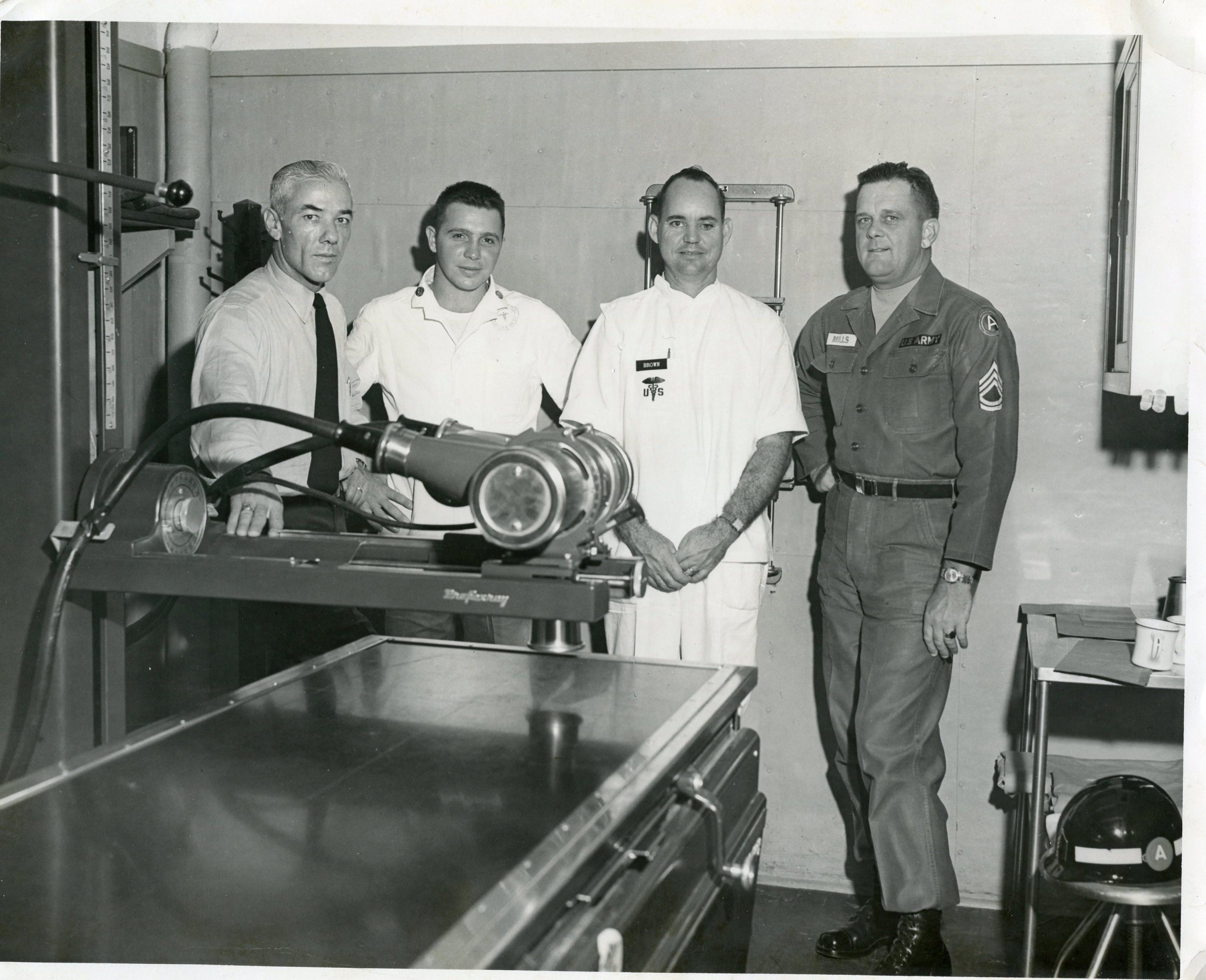
Social Sharing